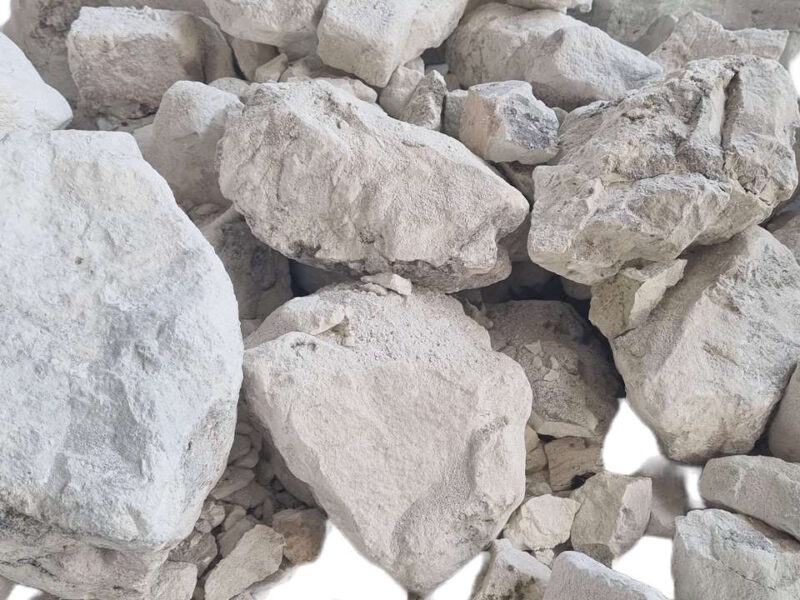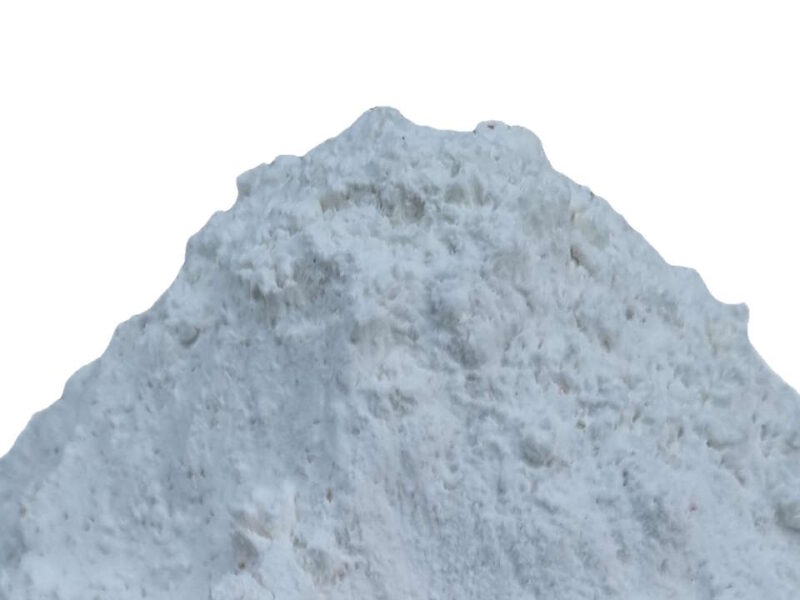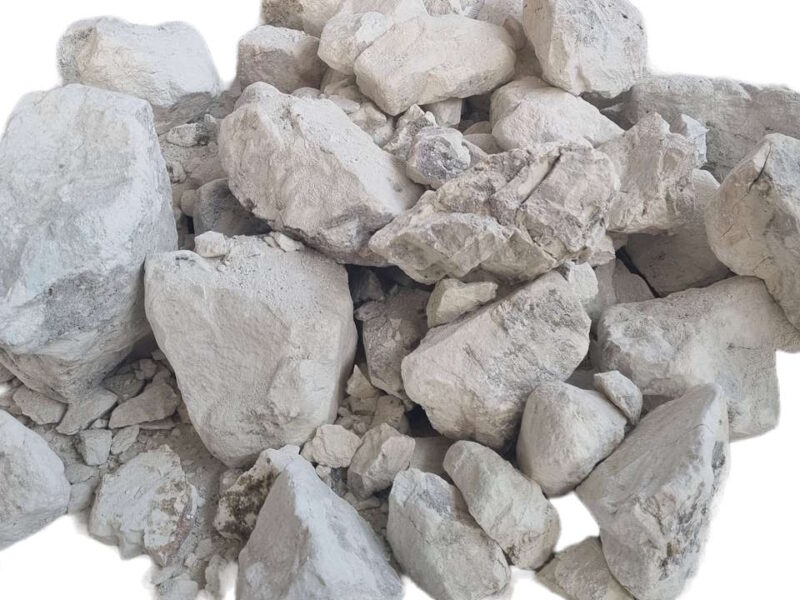Lime Powder, Quick Lime & Hydrated Lime




Lime, also known as quicklime, hydrated lime, or lime powder, has numerous applications and uses. Lime products serve as a crucial ingredient in various essential processes, such as purifying drinking water, sugar production, gas cleaning in power stations, construction, iron and steel manufacturing, and land remediation. Lime and its derivatives also play a significant role as additives in the production of paper, glass, pharmaceuticals, toothpaste, and more.
Uses of Lime Powder, Quick Lime & Hydrated Lime:-
Pulp and Paper Industry: Lime is an important commodity in the pulp and paper industry. Many pulp and paper facilities have their own kilns and utilize lime for various purposes. The industry relies on commercial manufacturers for “make-up” lime to replenish their lime supply.
Sulfate Process: The largest application of lime in the pulp manufacturing process is its use as a causticizing agent in sulfate (Kraft) plants. Lime reacts with waste sodium carbonate solution to produce caustic soda, which is then reused in the process. Lime recovery is achieved by dewatering the waste calcium carbonate mud and calcining it in rotary kilns.
Sulfite Process: Quicklime is used in sulfite plants to prepare calcium bisulfite, an acid cooking liquor that helps break down non-cellulosic components of wood chips used in paper and pulp production. However, this process is decreasing in popularity due to waste disposal challenges.
Bleaching: Lime plays a crucial role in pulp manufacturing processes by interacting with chlorine to produce calcium hypochlorite bleach liquor. Calcium hypochlorite is a widely used and cost-effective bleach, employed to achieve the desired level of whiteness in pulp.
Miscellaneous Applications: Lime is utilized in the treatment of liquid wastes from pulp and paper mills as a coagulant for color removal, a filtration conditioner, and a neutralizing agent to a lesser extent. It is also commercially employed in the recovery of valuable by-products from pulp and paper mill wastes, including alcohol, calcium lignosulfonate, and yeast.
Hydrated Lime: Quicklime can be transformed into hydrated lime by crushing it and adding water (approximately 1% of raw hydrate). The resulting hydrated lime is then classified to meet specific customer requirements before transportation.
Lime’s Myriad Uses: Lime is an incredibly versatile mineral with applications in various industries. It is extensively used in environmental applications to comply with regulations regarding air quality, drinking water purification, wastewater treatment, and solid waste management. Steel manufacturing remains the largest single use of lime, primarily for impurity removal.
Lime is also widely used in construction for soil stabilization in roads, earthen dams, airfields, and building foundations. It serves as a key ingredient in lime slurry for mortar and plaster. Additionally, lime enhances asphalt cohesion, reduces stripping, and slows down the aging process. There are additional chemical and industrial uses of lime, such as manufacturing chemicals and producing precipitated calcium carbonate.
